The year of 2019 is the 20th anniversary for the Budapest declaration, which promised contribution of science to sustainability society. This year, G7 Academies Meeting discussed the topic of "citizen science" based on the fact that scientific data collection and analysis became more accessible for general citizens through the Internet along with the expansion of ICT and open science. In addition, those who have scientific background but do not work for a traditional laboratory also participate in the movement of DIY biology or large computer science projects through the Internet, e.g., seti@home. In the era of such development, citizen science could be a tool to reconstruct the relationship between citizen and science.
Recently in Japan, citizens are more integrated in research process, and scientists started discussing the potentials of co-creative research. As citizen science is expanding further to solve the social issues which citizens are more interested in, such as local environment or health, SDGs can be more innovatively pushed forward with the wisdom and power of citizens.
We will invite young scientists from G7 nations to Japan and broaden the discussion of "citizen science" to the potential contributions to SDGs. We will discuss commonalities and differences of the current situations and issues of citizen science among G7 nations, how young scientists should related to citizen science, and how citizen science could promote SDGs. At the same time, we will discuss how we could deepen or revise the related statement of the Budapest declaration in terms of the relationship between citizen and science.
Speakers

- Koen Vermeir
- Research Professor at the French National Center for Scientific Research
Affiliate Professor at the University of Paris
Co-Chair of the Global Young Academy - Koen Vermeir is Co-Chair of the Global Young Academy with a mission to create a more inclusive science ecosystem and to empower young scientists on the global stage. He has also led several GYA working groups, including those on Open Science, Scientific Excellence and Science Advice. He advises the European Commission and other national and international organizations such as the NAS or the UN, and he is regularly asked to deliver keynotes relating to evidence informed policy making.
Koen Vermeir is Editor-in-Chief of the journal Centaurus: an international journal of the history of science and its cultural aspects, and he is on the on the Executive Council of the European Society for the History of Science.

- Moritz Riede
- Professor, Department of Physics, University of Oxford
- Moritz Riede is Professor in the Department of Physics at the University of Oxford, UK. Before moving to Oxford, he worked in Germany at the Fraunhofer Institute for Solar Energy Systems ISE and the University of Freiburg and at the Technische Universität Dresden. His academic research focus is on organic solar cells, an emerging renewable energy technology that allows for inexpensive, light-weight, flexible and large area solar modules. He was a member of the Global Young Academy from 2014-2019 and his further interests include transforming our energy system into a sustainable one, open science and the role of science in society.

- Michael Saliba
- Professor at the Technical University of Darmstadt, Germany
- Michael Saliba is a Professor at the Technical Univesity Darmstadt with a dual appointment at the Research Center Jülich, Germany. His group studies novel materials focusing on perovskites for a sustainable energy future. He was a Group Leader in Fribourg and a Marie Curie Fellow at EPF Lausanne, Switzerland. He obtained his PhD at Oxford University, an MSc with the Max Planck Institute, and BSc degrees in mathematics and physics from Stuttgart University. Michael was awarded the Young Scientist Award of the German University Association, was named one of the World’s 35 Innovators Under 35 by the MIT Technology Review, and is a Member of the National Young Academy of Germany and an Executive Committee Member of the Global Young Academy.

- Tyrone Grandison
- Board Chairman, The Data-Driven Institute
- Dr. Tyrone Grandison is the Board Chairman of The Data-Driven institute, which is a public health non-profit that helps policymakers create and implement effective programs and policies to solve their most critical problems, using the knowledge of the community, data and technology.
More at https://www.tyronegrandison.org/bio.html

- Sara Karly Kehoe
- Canada Research Chair in Atlantic Canada Communities, Saint Mary’s University
- Dr. S. Karly Kehoe is a historian of religion and migration and is the Canada Research Chair in Atlantic Canada Communities. She sits on the editorial boards of both theScottish Historical Review and the Innes Review and is a fellow of the Royal Historical Society. An active member of both the Global Young Academy and the Royal Society of Canada’s College of New Scholars, Artists and Scientists (serving on the latter’s executive committee and on the steering committee of RSC Atlantic), Karly is also a proud alumna and former co-chair of the Royal Society of Edinburgh’s Young Academy of Scotland. She is an advocate of displaced and at-risk scholars.

- Filippo Rossi
- Politecnico di Milano, Associate Professor
- Filippo Rossi received his Ph.D. in Chemical Engineering in 2011 at Politecnico di Milano. He also spend research period in 2009 as visiting student at Imperial College London, in 2012 as Post-Doc at Uppsala University and in 2018 as Visiting Professor at Keio University. From February 2015 he’s working as Assistant Professor and then from 2019 as Associate Professor at Politecnico di Milano in the framework of Applied Physical Chemistry and as Guest Researcher at Istituto di Ricerche Farmacologiche Mario Negri. His main research interests are in the field of innovative polymer materials for nanomedicine, drug delivery and tissue engineering with experimental and model studies.

- Masaki Nakamura
- Associate Professor, Center for Education in Liberal Arts and Sciences, Osaka University
- Masaki Nakamura is associate professor of science studies at Osaka University, Japan. His research interests include science policy and the history of science and technology. He is a researcher who has a special interest in the public engagement with science and technology and the changing relationship between the scientific community and society at large, but he is also deeply engaged with the Japanese science café movement, which offers an informal forum for public discussion on the latest scientific issues. Currently, he is also committing to the development of citizen science in Japan.

- Akihiro Kishimura
- Center for Molecular Systems
Department of Applied Chemistry, Faculty of Engineering
Kyushu University - Akihiro Kishimura received his PhD degree of engineering under the supervision of Prof. T. Aida from the University of Tokyo in 2005. After his career as an assistant professor in the research group of Prof. K. Kataoka (The University of Tokyo) from 2006 to 2013, he moved to Kyushu University as an associate professor in 2013. He joined Science Council of Japan in 2016, and has worked as the chair of Young Academy of Japan since 2017. He is a member of the Global Young Academy from 2017. His present research focuses on nanomedicine, and molecular system toward artificial cells by mimicking crowded environments of living system.

- Wataru Iwasaki
- Associate Professor, Department of Biological Sciences, Graduate School of Science, the University of Tokyo
- Dr. Wataru Iwasaki is an Associate Professor of Computational Biology at the University of Tokyo, a Member of Science Council of Japan and the Global Young Academy, the President of Japanese Society for Bioinformatics, a Board Member of International Society for Computational Biology, a Board Member of the eDNA Society, and a Representative of the Society of Evolutionary Studies, Japan. He received Oxford Journals-Japanese Society for Bioinformatics Prize, Young Scientist Initiative Award from the Society of Evolutionary Studies, Japan, and the Commendation for Science and Technology by the Minister of Education, Culture, Sports, Science and Technology of Japan.

- Yoko Shimpuku
- Kyoto University Graduate School of Medicine, Human Health Sciences, Associate Professor
- Yoko is a certified nurse midwife and completed her PhD in University of Illinois at Chicago. She has been researching in Tanzania since 2008 to improve maternal child health and quality of midwifery care in Africa. She has worked with World Health Organization to promote the Early Essential Newborn Care program. After moved to Kyoto University, her research developed multidisciplinary. In the role of the executive in Young Academy of Japan and Global Young Academy, she presented at the IAP Conference and STS Forum and attended G7 Academy Meeting, aiming to contribute to the society through science.

- Kazuyoshi Nishijima
- Disaster Prevention Research Institute, Kyoto University, Associate Professor
- Kazuyoshi received the degree of Doctor of Sciences from ETH Zurich in 2009. Having worked there as senior research associate and at Technical University of Denmark as associate professor, he joined in DPRI Kyoto University in 2013, His current research interest is wind-induced risk reduction for tropical-cyclone-prone developing areas such as southeast Asia and south Pacific regions. In its work, a principal approach is to analyze the performance of local knowledge driven architecture techniques and to appreciate and utilize these for disaster risk reduction. He is a member of Science Council of Japan since 2017.
Keywords
G7, young scientists, citizen science, Budapest declaration, SDGs
2019年は、科学が持続可能性や社会への貢献を約束したブタペスト宣言の20周年である。その記念すべき年に、パリで開催されたG7アカデミー会合で、シチズンサイエンスが取り上げられた。ICTやオープンサイエンスの広がりに伴い、一般市民がインターネットを介したデータ収集や解析に参画したり、研究機関に所属しない研究者がDIYバイオやseti@homeといったムーブメントに参加している。こうした時代の流れの中で、シチズンサイエンスは市民と科学の関係性を再構築するツールであるとも捉えられる。
近年日本では市民がより深く研究プロセスに参加する共創研究に議論が発展しているが、より市民が関心の高い地域の環境や健康といった社会課題にシチズンサイエンスを展開できることで、市民と共にSDGsを革新的に促進することが期待できる。
今回初の試みとして日本にG7各国の若手科学者を集め、SDGsとの関連性を含めてシチズンサイエンスの議論を広げる。各国におけるシチズンサイエンスの現状と課題の共通点・相違点を認識するとともに、若手科学者としていかにしてシチズンサイエンスに関わるか、及びシチズンサイエンスがどのようにSDGsを促進しうるのかを議論する。同時に、20年が経過したブダペスト宣言を、市民と科学の関係性を中心として今後どのように改訂していくべきかを議論する。
登壇者
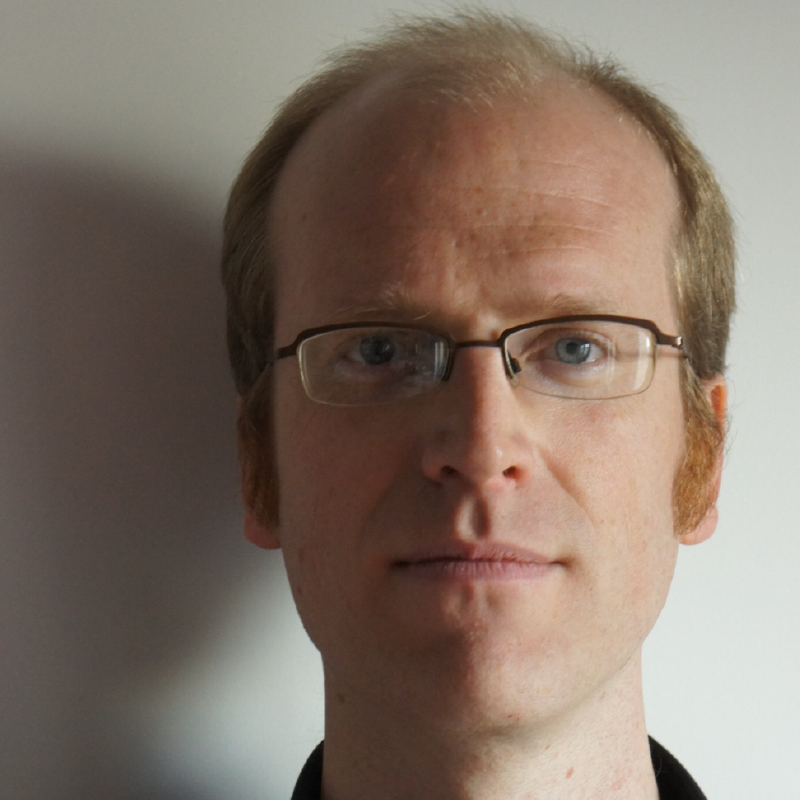
- Koen Vermeir
- Research Professor at the French National Center for Scientific Research
Affiliate Professor at the University of Paris
Co-Chair of the Global Young Academy - Koen Vermeir is Co-Chair of the Global Young Academy with a mission to create a more inclusive science ecosystem and to empower young scientists on the global stage. He has also led several GYA working groups, including those on Open Science, Scientific Excellence and Science Advice. He advises the European Commission and other national and international organizations such as the NAS or the UN, and he is regularly asked to deliver keynotes relating to evidence informed policy making.
Koen Vermeir is Editor-in-Chief of the journal Centaurus: an international journal of the history of science and its cultural aspects, and he is on the on the Executive Council of the European Society for the History of Science.
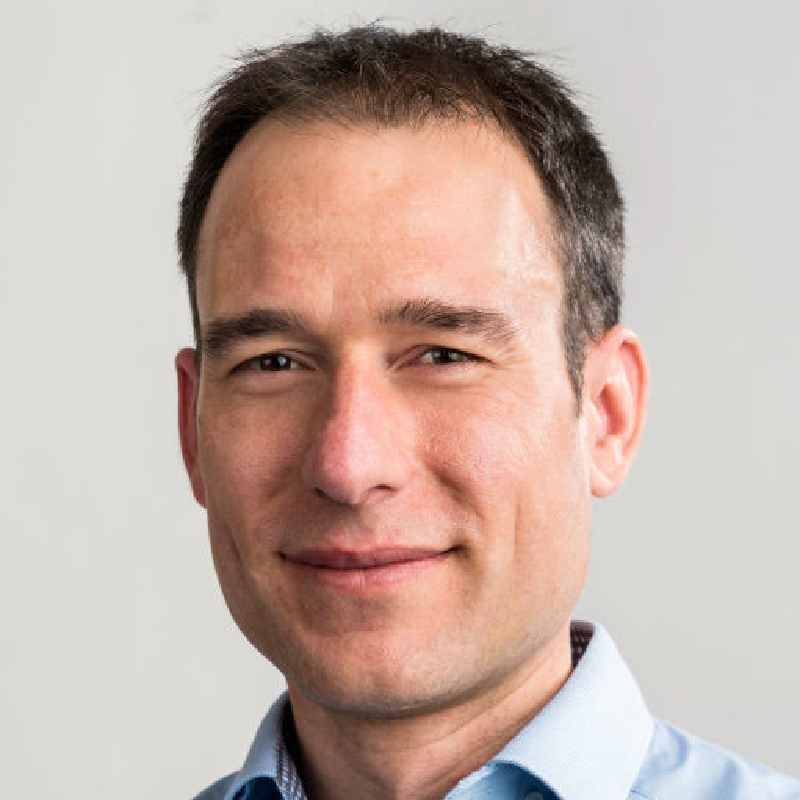
- Moritz Riede
- Professor, Department of Physics, University of Oxford
- Moritz Riede is Professor in the Department of Physics at the University of Oxford, UK. Before moving to Oxford, he worked in Germany at the Fraunhofer Institute for Solar Energy Systems ISE and the University of Freiburg and at the Technische Universität Dresden. His academic research focus is on organic solar cells, an emerging renewable energy technology that allows for inexpensive, light-weight, flexible and large area solar modules. He was a member of the Global Young Academy from 2014-2019 and his further interests include transforming our energy system into a sustainable one, open science and the role of science in society.

- Michael Saliba
- Professor at the Technical University of Darmstadt, Germany
- Michael Saliba is a Professor at the Technical Univesity Darmstadt with a dual appointment at the Research Center Jülich, Germany. His group studies novel materials focusing on perovskites for a sustainable energy future. He was a Group Leader in Fribourg and a Marie Curie Fellow at EPF Lausanne, Switzerland. He obtained his PhD at Oxford University, an MSc with the Max Planck Institute, and BSc degrees in mathematics and physics from Stuttgart University. Michael was awarded the Young Scientist Award of the German University Association, was named one of the World’s 35 Innovators Under 35 by the MIT Technology Review, and is a Member of the National Young Academy of Germany and an Executive Committee Member of the Global Young Academy.
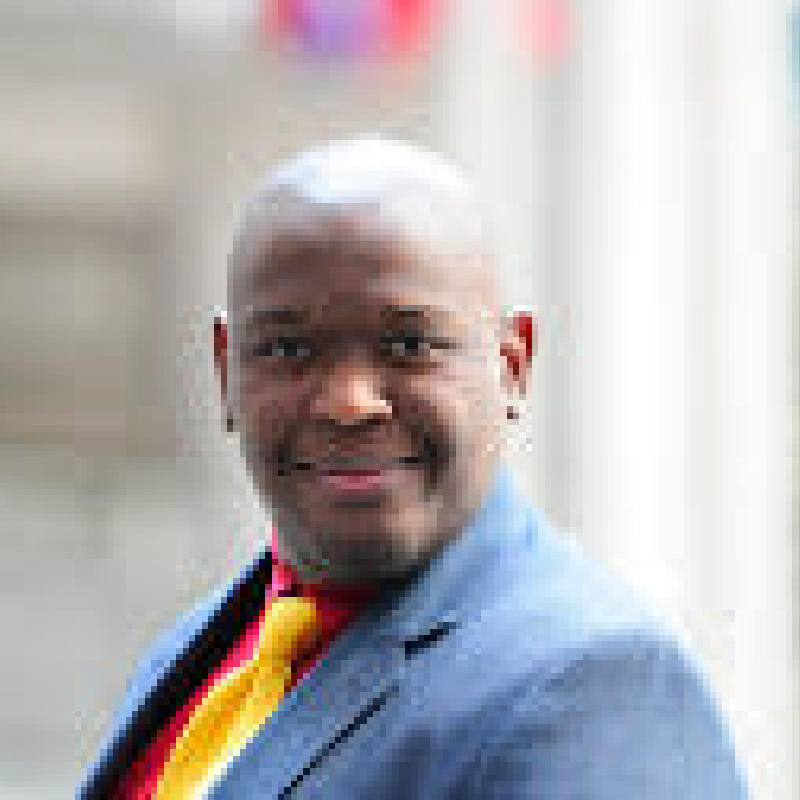
- Tyrone Grandison
- Board Chairman, The Data-Driven Institute
- Dr. Tyrone Grandison is the Board Chairman of The Data-Driven institute, which is a public health non-profit that helps policymakers create and implement effective programs and policies to solve their most critical problems, using the knowledge of the community, data and technology.
More at https://www.tyronegrandison.org/bio.html
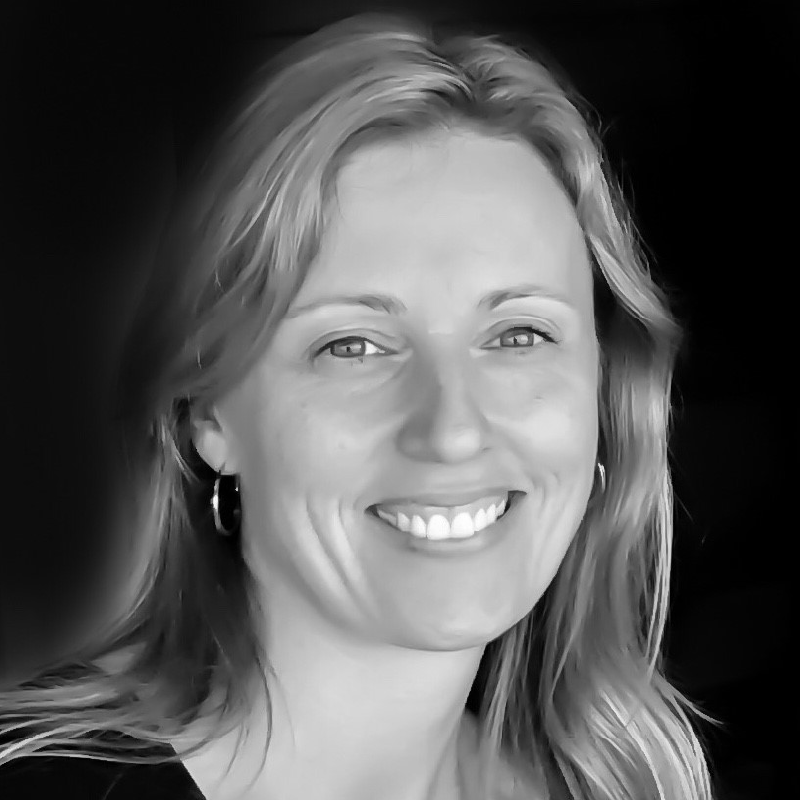
- Sara Karly Kehoe
- Canada Research Chair in Atlantic Canada Communities, Saint Mary’s University
- Dr. S. Karly Kehoe is a historian of religion and migration and is the Canada Research Chair in Atlantic Canada Communities. She sits on the editorial boards of both theScottish Historical Review and the Innes Review and is a fellow of the Royal Historical Society. An active member of both the Global Young Academy and the Royal Society of Canada’s College of New Scholars, Artists and Scientists (serving on the latter’s executive committee and on the steering committee of RSC Atlantic), Karly is also a proud alumna and former co-chair of the Royal Society of Edinburgh’s Young Academy of Scotland. She is an advocate of displaced and at-risk scholars.
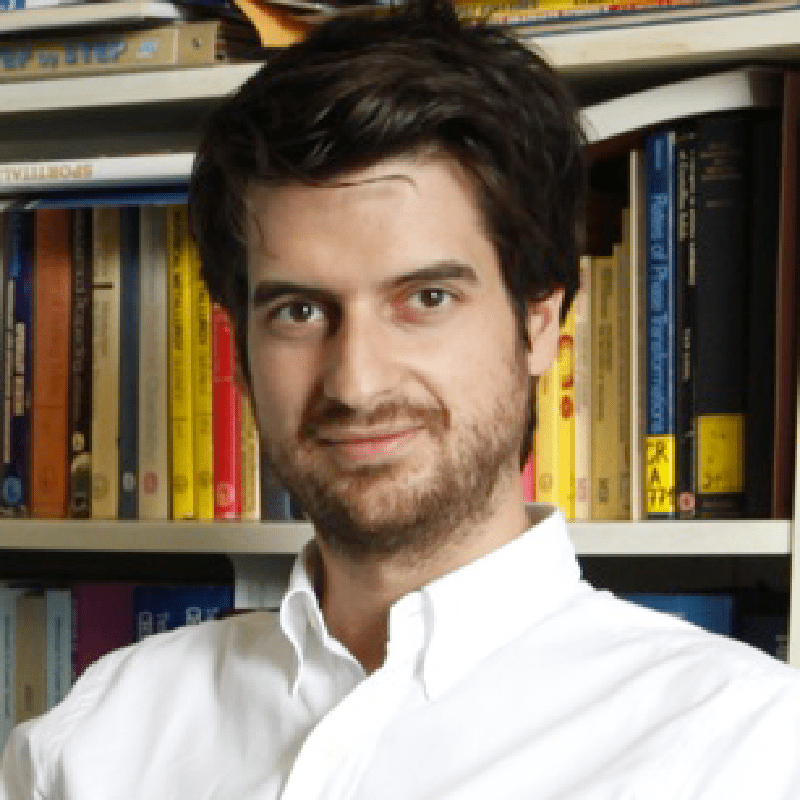
- Filippo Rossi
- Politecnico di Milano, Associate Professor
- Filippo Rossi received his Ph.D. in Chemical Engineering in 2011 at Politecnico di Milano. He also spend research period in 2009 as visiting student at Imperial College London, in 2012 as Post-Doc at Uppsala University and in 2018 as Visiting Professor at Keio University. From February 2015 he’s working as Assistant Professor and then from 2019 as Associate Professor at Politecnico di Milano in the framework of Applied Physical Chemistry and as Guest Researcher at Istituto di Ricerche Farmacologiche Mario Negri. His main research interests are in the field of innovative polymer materials for nanomedicine, drug delivery and tissue engineering with experimental and model studies.
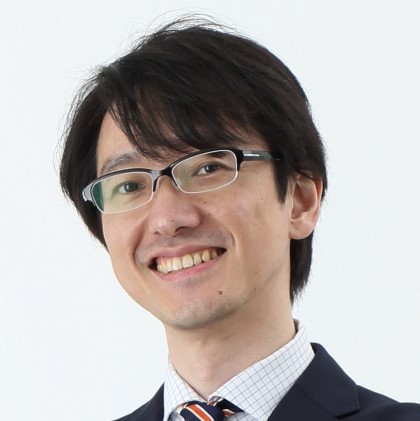
- 中村 征樹
- 大阪大学全学教育推進機構 准教授
- 専門は科学技術史・科学技術社会論。2005年、東京大学大学院工学系研究科修了。博士(学術)。東京大学先端科学技術研究センター助手、文部科学省科学技術政策研究所研究官を経て現職。日本学術会議連携会員。フランスや日本の科学技術史に関する研究のほか、科学技術と社会ののぞましい関係構築のあり方について研究するとともに、サイエンスカフェなど市民と科学研究をつなぐ多数の実践にも携わってきた。日本学術会議若手アカデミーの設立にも関与。Global Young Academy設立メンバー。一般財団法人公正研究推進協会理事。現在は、サントリー文化財団の支援をうけ、日本におけるシチズンサイエンスの普及・発展にむけた課題やプラットフォームのあり方について検討している。
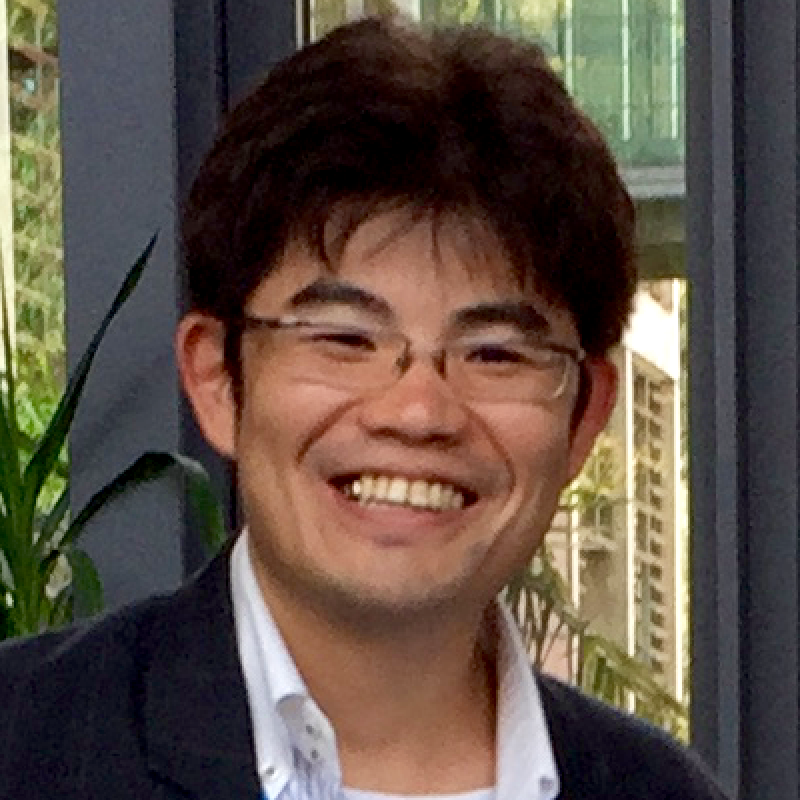
- 岸村 顕広
- 九州大学大学院工学研究院応用化学部門
九州大学分子システム科学センター 准教授 - 2005年東京大学大学院工学系研究科化学生命工学専攻 博士課程修了、博士(工学)取得。2006年同大学大学院工学系研究科マテリアル工学専攻(片岡研究室)に助教として着任し、高分子学会研究奨励賞をはじめ複数の受賞をするなど活躍した。2013年より現職。現在は、ナノ医療に用いる高分子ナノ材料の開発や、人工細胞実現に向けて細胞内の濃厚環境を模倣する分子システムの開発を行っている。2016年より日本学術会議若手アカデミーのメンバーに加わり、2017年12月より代表を務めている。社会における学術のあり方や学術の持続性について次世代の目線で考えつつ、学術の力を市民や地域に伝えることに注力して活動を行っている。2017年からはGlobal Young Academyのメンバーとして、2019年からは文部科学省科学技術・学術審議会臨時委員としても活動している。
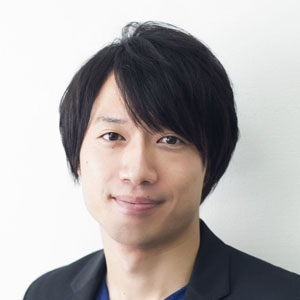
- 岩崎 渉
- 東京大学 大学院理学系研究科 生物科学専攻 准教授
- 生物情報科学者。2005年東京大学理学部生物化学科卒業、2009年東京大学大学院新領域創成科学研究科情報生命科学専攻より博士(科学)。2009年同専攻助教、2011年東京大学大気海洋研究所講師を経て、2014年より現職。日本学術会議連携会員、Global Young Academy会員、日本バイオインフォマティクス学会会長、International Society for Computational Biology Board of Directors、環境DNA学会理事、日本進化学会代議員、日本微生物生態学会評議員、京都大学化学研究所客員准教授等を務める。日本進化学会研究奨励賞、日本バイオインフォマティクス学会 Oxford Journals–Japanese Society for Bioinformatics Prize、科学技術分野の文部科学大臣表彰若手科学者賞等を受賞。
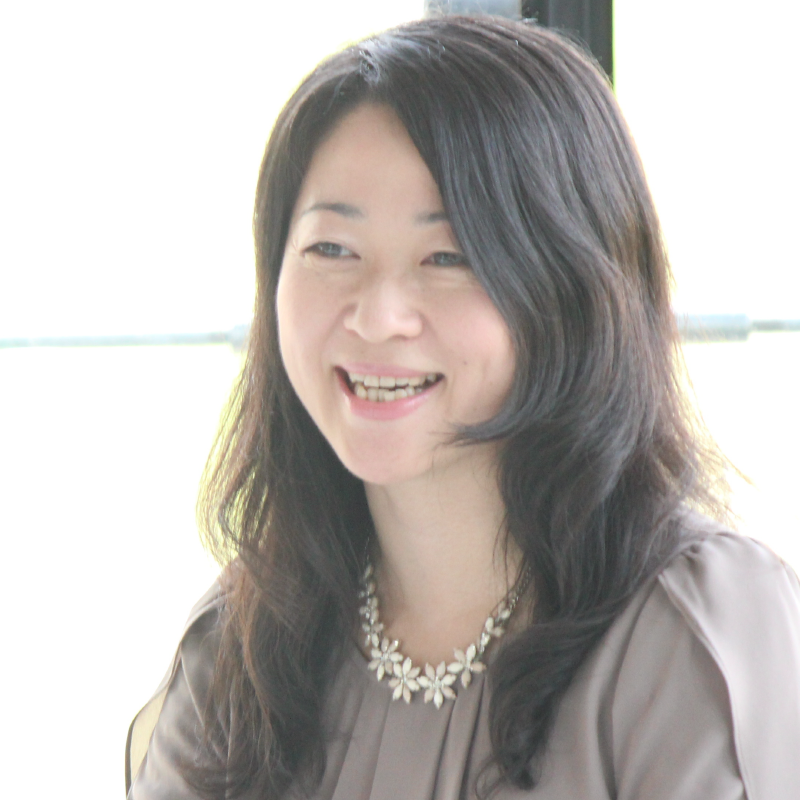
- 新福 洋子
- 京都大学大学院医学研究科人間健康科学 准教授
- 助産師。2010年イリノイ大学シカゴ校大学院看護学研究博士課程修了。2008年よりアフリカの母子保健向上のための助産ケアの改善をテーマに、タンザニアのフィールドで研究している。世界保健機関とEarly Essential Newborn Careプログラムの拡大を目的にセミナーの共同開催や動画の共同制作などを行った。現在は京都大学アジア・アフリカ地域研究科との協働による学際的研究、ICTを用いた遠隔医療教育やアプリ教材開発へ研究を発展させている。日本学術会議若手アカデミー副代表、世界で200人の若手科学者が選定されるGlobal Young Academy執行役員を歴任し、学術を通して社会に貢献すべく、IAP総会やSTS Forumでの登壇、G7アカデミー会合への出席など、科学技術外交、科学的助言の分野にも活動の幅を広げている。2018年より現職。

- 西嶋 一欽
- 京都大学防災研究所 准教授
- 2009年スイス連邦工科大学博士課程修了。同大学研究員、デンマーク工科大学准教授を経て現職。専門分野は信頼性工学および風工学。スイス連邦工科大学在学中より地震及び台風による強風災害リスク評価に関する研究を行ってきた。2013年に京都大学防災研究所に着任してからは、日本国内の強風災害の低減に関する研究はもとより、東南アジアおよび南太平洋を中心に台風等による強風被害の低減のため、在来防災技術を科学的に分析し、また在来防災技術を活用したサステイナブルな防災対策の立案および実装に関する研究活動を行っている。日本風工学会事務局長、International Group for Wind-Related Disaster Risk Reduction副議長、ISO TC98国際対応委員など。2017年より日本学術会議連携会員。
キーワード
G7, young scientists, citizen science, Budapest declaration, SDGs